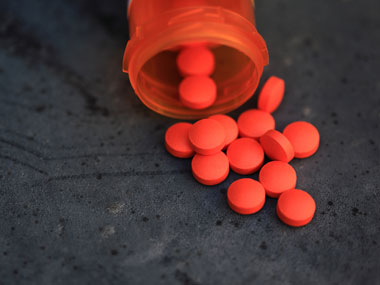Tokyo: Japan has decided to ban some drugs that are currently available in Europe but have yet to reach Japan, as part of its efforts to tighten control of drugs that are not technically illegal but cause effects such as hallucination similar to narcotic drugs. The Health, Labor and Welfare Ministry will aim to prevent the so-called “loophole” drug from entering Japan or circulating in the country by designating such drugs as substances whose importation, manufacturing and sale are prohibited under the pharmaceutical affairs law, sources said. Several European-made substances are expected to be subject to the designation— the first under the pharmaceutical law for a drug currently not in circulation in Japan—which will be formalised after the ministry discusses the matter at an advisory body to the health minister and weighs opinions from the general public, the sources said. The ministry is also considering similar designations for loophole drugs available in the United States and other countries before they reach Japan, according to the sources. The ministry said there are 73 types of drugs that are banned by the pharmaceutical law. [caption id=“attachment_433571” align=“alignleft” width=“380”]  Agencies[/caption] But law dodgers have often imported slightly modified versions of such drugs to dodge regulations under the law. The ministry has judged that designating loophole drugs as regulated substances before being imported to Japan will be effective to a certain extent in preventing their widespread circulation in the country, the sources said. Loophole drugs, available at adult entertainment shops and online sources often under the guise of herbs and incense, have been increasingly abused by youths. The ministry is also mulling a way to regulate loophole drugs by introducing a “catch-all” system to control substances that are chemically similar in composition to designated substances, the sources said. PTI
Japan has decided to ban some drugs that are currently available in Europe but have yet to reach Japan, as part of its efforts to tighten control of drugs that are not technically illegal but cause effects such as hallucination similar to narcotic drugs.
Advertisement
End of Article
Written by FP Archives
see more


)
)
)
)
)
)
)
)
)



